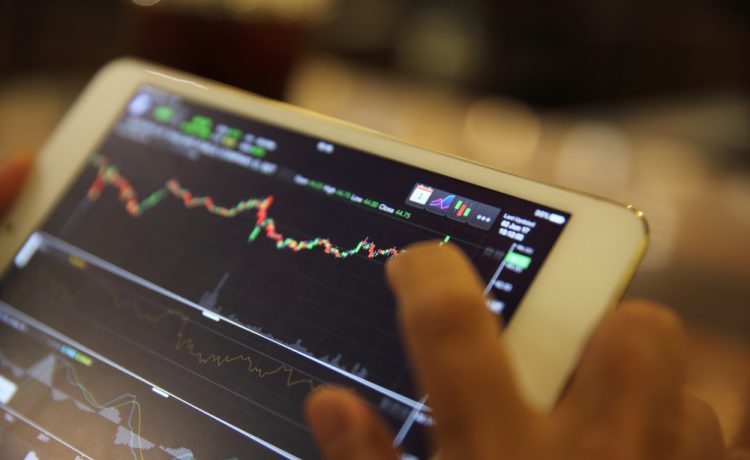Tokyo, Hong Kong and South Korea declined, Shanghai gained
Asian stock markets mostly declined Monday after Wall Street ended last week lower and China tightened anti-virus controls.
Tokyo, Hong Kong and South Korea declined. Shanghai gained. Oil prices rose $2 per barrel while the euro edged lower.
Wall Street’s benchmark S&P 500 index ended down 1.1% on Friday after U.S. government data showed hiring slowed in August. The number of jobs added still was big enough that forecasters said the Federal Reserve might see it as evidence more interest rate hikes are needed to bring down inflation that is at a four-decade high.
Markets relinquished early optimism for a sense of foreboding, said Tan Boon Heng of Mizuho Bank in a report.
The Shanghai Composite Index advanced 0.2% to 3,193.46, after controls on movement were tightened in the southern business centre of Shenzhen following virus outbreaks.
The Nikkei 225 in Tokyo lost less than 0.1% to 27,646.27 while the Hang Seng in Hong Kong tumbled 1.3% to 19,203.24.
The Kospi in Seoul lost 0.3% to 2,403.12 while Sydney’s S&P-ASX 200 added 0.3% to 6,846.70.
New Zealand and Bangkok declined while Singapore and Indonesia advanced.
Traders are uneasily watching the Fed after chair Jerome Powell said Aug. 26 interest rates have to stay elevated to rein in surging inflation. That dashed hopes the Fed might back off due to signs U.S. economic activity is cooling.
The Fed has raised rates four times this year, twice by 0.75 percentage points, triple its usual margin.
Central banks in Europe and Asia also have hiked rates, fuelling worries they might derail global economic growth.
On Wall Street, the Dow Jones Industrial Average also fell 1.1% on Friday after the Labor Department reported the U.S. economy added 315,000 jobs in August. That was down markedly from July’s 526,000, but average hourly pay jumped by an unusually wide margin of 5.2% compared with a year earlier.
Forecasters warned high wage gains might reinforce the Fed’s belief that more aggressive rate hikes are needed.
The Nasdaq composite lost 1.3%.
The U.S. market has given up much of the gains made in July and August when traders hoped the Fed might ease up.
Traders expect another 0.75 percentage point rate hike at this month’s Fed meeting, according to CME Group.





